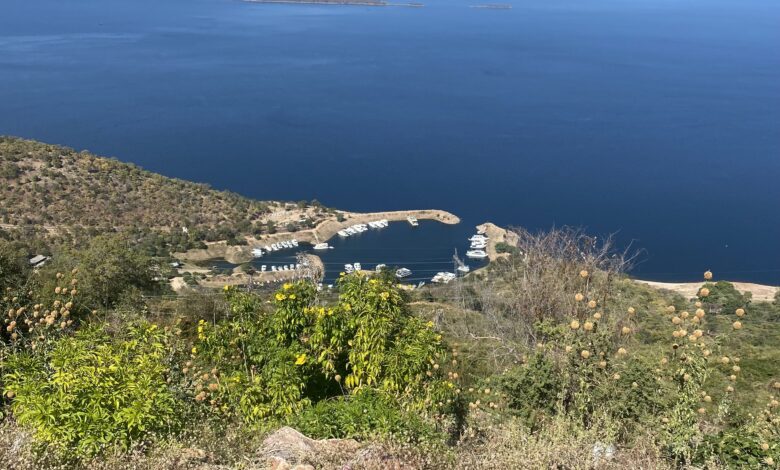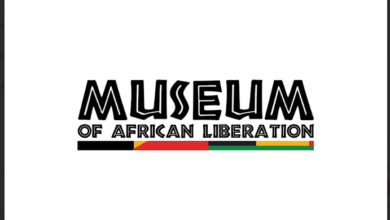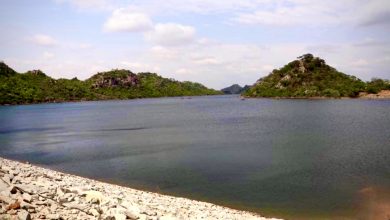Tourism in Zimbabwe: Post-Covid-19 Strategies

Introduction
In the wake of the COVID-19 pandemic, the tourism industry in Zimbabwe, a country renowned for its natural beauty and wildlife, has been forced to rethink its approach to attracting visitors. The pandemic disrupted global travel patterns. It also significantly impacted the local economy, with the tourism sector being one of the most affected. Therefore, article delves into the post-COVID-19 strategies adopted by the tourism industry in Zimbabwe. It focuses on safety measures, marketing initiatives, and the broader impact of the pandemic on the sector.
Post COVID-19 Safety Measures and Sanitation Initiatives
Firstly, one of the most critical aspects of the recovery strategy has been the implementation of stringent safety measures and sanitation initiatives. In line with global health guidelines, tourism in Zimbabwe post COVID-19 has priority on high-quality sanitation and hygiene practices. This includes the upgrading of hotel facilities, ensuring that all establishments adhere to strict cleanliness standards. Additionally, they provide regular training for staff on disease prevention and control. The industry has also focused on enhancing visitor information systems to provide real-time updates on safety protocols and guidelines.
Marketing and Social Media Branding Post COVID-19
Secondly, in the digital age, marketing has become a powerful tool for the tourism industry. Zimbabwe’s tourism authorities have leveraged social media platforms to reach out to potential tourists worldwide. Moreover, through targeted campaigns, they have been able to highlight the country’s natural attractions. These include wildlife, and cultural heritage, while also addressing the concerns of potential visitors regarding safety and health. The use of social media has helped in raising awareness about Zimbabwe’s tourism offerings. It has also played a crucial role in shaping perceptions and building trust among tourists. Tourism in Zimbabwe post COVID-19 has stakeholders working on all fronts to ensure the sector grows and flourish.
Collaboration and Partnerships
Thirdly, another key strategy has been the establishment of partnerships between the public and private sectors. This has involved the Zimbabwe Tourism Authority working closely with local communities, tour operators, and hoteliers to develop and implement recovery plans to boost tourism in Zimbabwe post COVID-19. Also, these partnerships have been instrumental in ensuring that the tourism industry remains resilient and adaptable in the face of future challenges.
Green Tourism and Sustainability
Furthermore, in response to the global call for sustainable tourism practices, Zimbabwe’s tourism industry has embraced green tourism initiatives. This includes promoting eco-friendly travel options, such as wildlife safaris that minimise human impact on wildlife habitats. Also, encouraging visitors to engage in activities that support local communities and the environment is one of the practices. The industry has also been working on improving its infrastructure to reduce its carbon footprint and promote sustainable practices. Additionally, these changes will help tourism in Zimbabwe post COVID-19 as it will bring new ways of best practices in the sector.
Conclusion
Finally, the COVID-19 pandemic has presented significant challenges to the tourism industry in Zimbabwe. However, through a combination of safety measures, marketing initiatives, collaboration, and a commitment to sustainability, the industry has shown resilience and adaptability. As the world continues to navigate the post-pandemic era, Zimbabwe’s tourism industry remains poised to attract visitors from around the globe. This showcases the country’s natural beauty and cultural heritage while ensuring the safety and well-being of all visitors.




